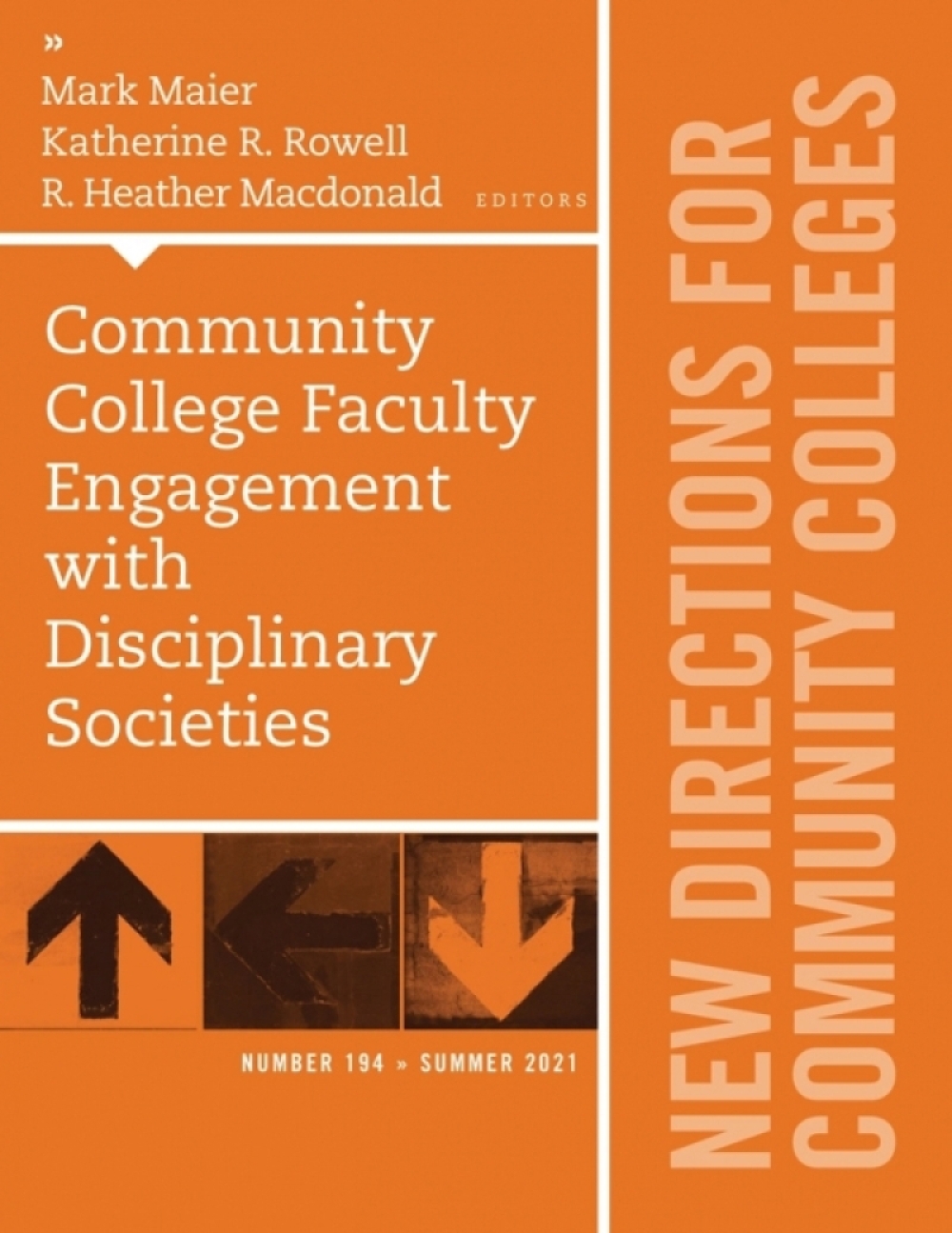
Efforts to improve engagement opportunities for community college faculty must account for the needs and experiences of part-time, contingent (i.e., adjunct) instructors. In community colleges, more than two thirds of instructional faculty are employed part-time, and more than half of course sections are taught by part-time faculty. This New Directions for Community Colleges article draws on findings from a study conducted in partnership with Achieving the Dream (ATD), a nonprofit organization focused on evidence-based, institutional improvement of community colleges to promote student success. ATD provided leadership, guidance, and resources to six community colleges to develop and implement strategies to support adjunct faculty with the ultimate goal of improving student outcomes. The authors of this article and other researchers at CCRC collected qualitative and quantitative data from these six colleges to understand the needs and experiences of adjunct faculty, as well as strategies for faculty engagement that may lead to improved student outcomes. For a detailed description of the data sources and methods for this study, see Bickerstaff and Ran (2020).
In this article, the authors first establish the importance of adjunct faculty in supporting student success. They then draw on transcripts from 90 interviews and focus groups with faculty and administrators as well as a survey of 482 faculty members at six community colleges to describe the experiences of adjunct faculty. Finally, they offer four suggestions for disciplinary societies that seek to meet the needs of adjunct faculty.
The article appears in issue 194 of New Directions for Community Colleges.
